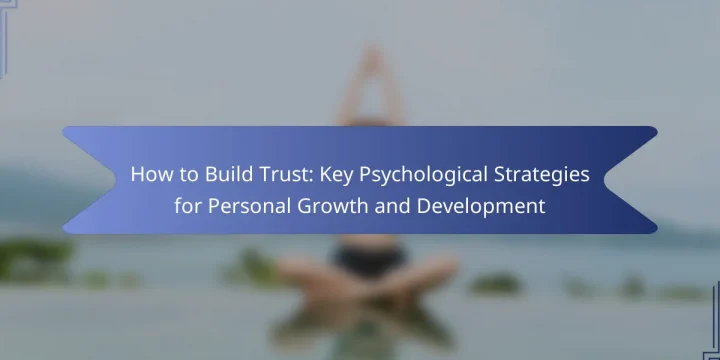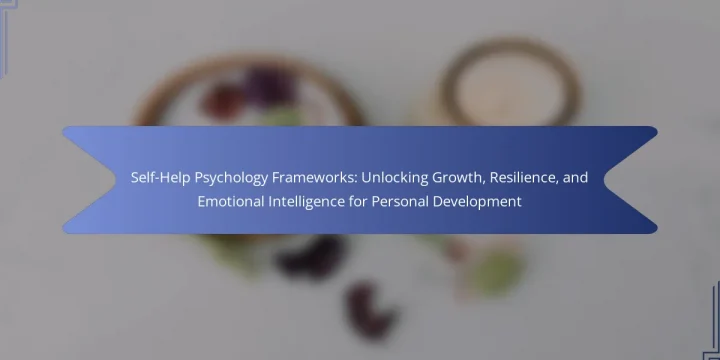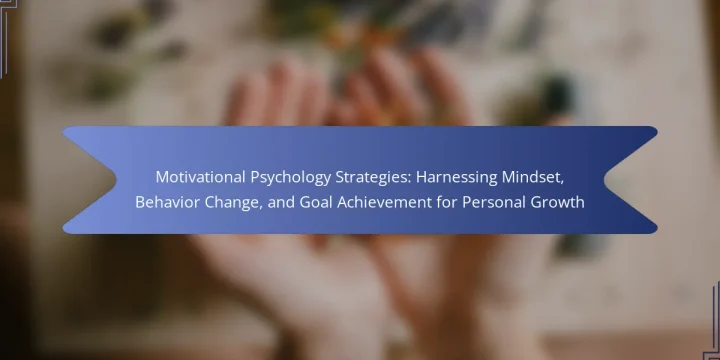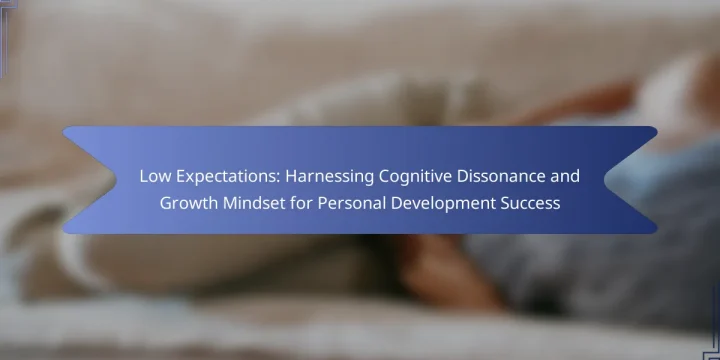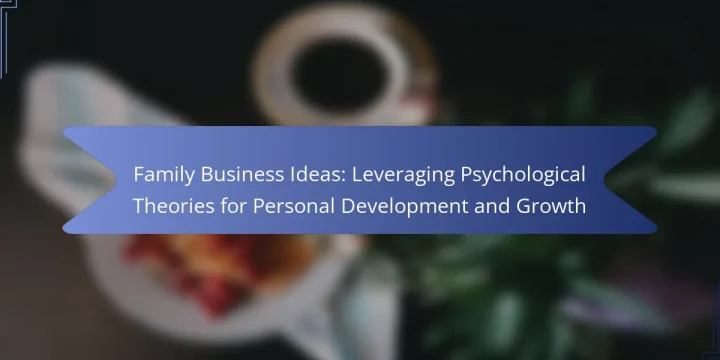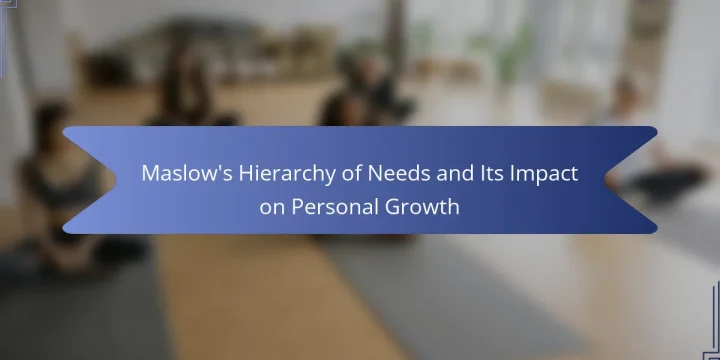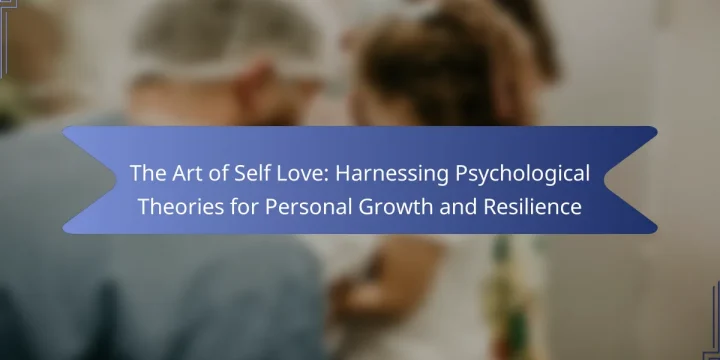
Self-love is essential for personal development, fostering resilience and growth. This article explores psychological theories that support self-love, including positive psychology and cognitive-behavioral therapy. It examines practical strategies like gratitude and self-reflection that enhance self-awareness and personal boundaries. Additionally, it discusses how cultural perceptions shape self-love practices, influencing individual journeys toward personal growth. Key sections in the article: Toggle What is the significance of self-love in personal development?How do psychological theories define self-love?What are the key components of self-love?How does self-acceptance contribute to self-love?What role does self-compassion play in fostering self-love?Which psychological systems support the practice of self-love?How does positive psychology enhance self-love?What insights does cognitive-behavioral therapy offer for self-love?How can humanistic psychology promote self-love?What unique approaches can enhance self-love?How can mindfulness practices improve self-love?What role does emotional intelligence play…

